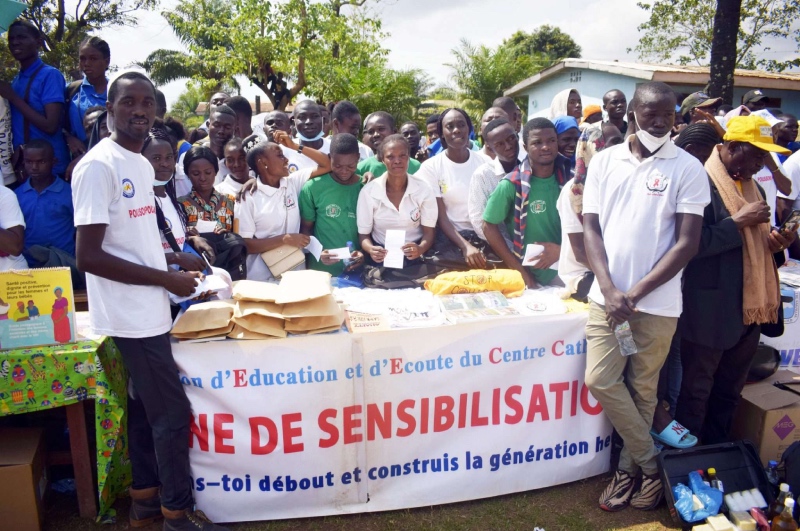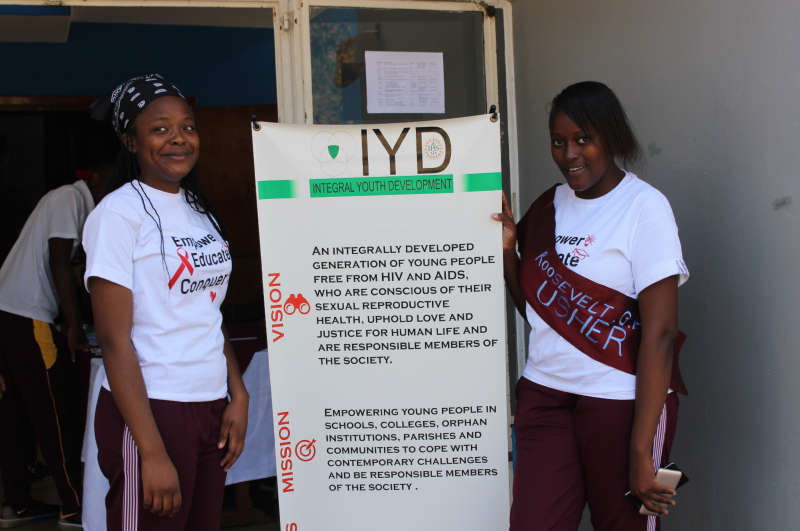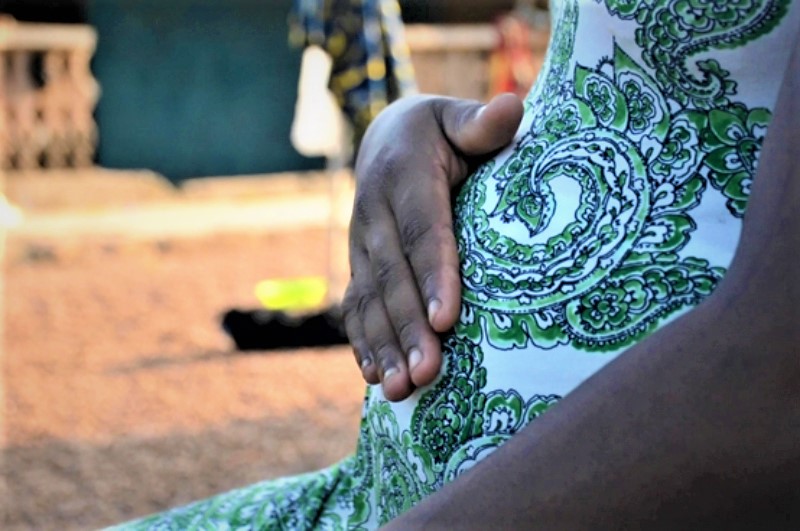

A recent report by the Kenyan ministry of health released on July 5, 2022, shows that Kenya remains the third-highest country worldwide with teenage pregnancies where one in every five adolescent women aged 15 -19 are already mothers or pregnant with their first child.
New worrying statistics show that, in the last year, on average, 98 new HIV infections were recorded every week among adolescents of age 10-19 years. “Kenya has the 3rd highest teen pregnancies worldwide where one in every five adolescents aged 15 -19 are already mothers or pregnant with their first child,” said Health Permanent Secretary Susan Mochache.
“We deliver about 12000 women every month and out of this, 10% are mothers between 10-19 years... in the last one year, we have seen almost 6,000 teen pregnancies in Nairobi and 50% of them end up being HIV positive,” Dr. Ouma Oluga, Chief Officer of Health Services, Nairobi Metropolitan, noted.
13 counties, among them Kisumu, Kisii, Narok, Nandi, Laikipia, and Tana River accounted for 72% of all new infections. While in 2021, Dagoretti North-Sub County contributed to 15% of all new HIV infections of over 430 adolescents aged 10-19 years in Nairobi County.
From this report, it is critical that stakeholders understand the underlying drivers of high teenage pregnancies and HIV infections, which include stigma, social norms around expected behaviors, and peer pressure to engage in sexual relations at an early age. “Without understanding programs and policies, we will continue to fail adolescents, and especially girls,” Dr Fiona Samuels, Senior Research Fellow at Overseas Development Institute, says.
Through the various efforts undertaken by African Jesuit AIDS Network (AJAN), we have an in-depth view of how HIV and early pregnancy can have huge health, psychological and socio-economic impacts on young people. According to a report commissioned by the Homa Bay County Government, in Kenya, and carried out by the Overseas Development Institute and LVCT Health, with support from UNICEF in November 2020; The leading cause of death among girls aged 15 to 19 worldwide is pregnancy and childbirth complications. While the information from PEPFAR 2021 Country and Regional Operational Plan (COP/ROP) Guidance for all PEPFAR Countries documentation gives a preview of how Girls who are pregnant or have HIV can end up dropping out of school and experiencing depression or poor health. Adolescent girls who get pregnant are also more at risk of child marriage and can face life-threatening complications during childbirth, as their bodies are not yet ready to give birth. They often become economically dependent on their partner, and more at risk of violence and abuse. It can be a vicious cycle.
The Kenya HIV Estimates report of 2020 reveals that adolescents and young people account for almost half of total new infections. Of the country’s 32,017 new HIV incidences reported, 11,229 occurred among adolescents and young people aged 15 to 24. Similarly, 30 new HIV infections occur among this group daily in Kenya. Research has shown that young people are better placed to develop suitable youth-friendly interventions to enhance positive health outcomes.
With key statistics in 2020 revealing that; 1.4 million people living with HIV, 4.2% of adults have HIV prevalence, 33,000 accounts for new HIV infections, 19,000 AIDS-related deaths, and 86% people on antiretroviral treatment. According to Fr. Ismael Matambura, SJ, Director of the African Jesuits AIDS Network (AJAN), “the statistics in 2020 revealed that more than 37 million people are living with the virus, and new infections continue to be recorded. However, we can say that there is an evolution in the fight against HIV / AIDS, and in as much as the 90–90–90 targets were missed, but not by much. At the end of 2020, data by the National AIDS Control Council, Maisha center reveals that 84% of people living with HIV knew their HIV status, 87% of people living with HIV who knew their HIV status were accessing antiretroviral therapy, and 90% of people on treatment were virally suppressed. Today we have fewer deaths, people infected and on treatment live longer and can reach an undetectable viral load, whether treatment adherence is good. However, it should be noted that in some African countries progress towards 0 new infections, the UNAIDS 2030 target, is slow. The budget allocated to health remains very insignificant and even discourages initiatives.”
Fr. Ismael Matambura, SJ, pleads for greater awareness, a holistic approach to health and HIV/AIDS Intervention, and accompanying the youth through their education, upbringing, and lifestyle because there is still a lot of stigma and discrimination. Moving forward, the rising cases of HIV infection and pregnancy among the youth is a call for collaboration and partnership, AJAN wants to get more involved in its fight against HIV / AIDS. AJAN aims to: Strengthen or extend the field of action of its centers and projects in the field by partnering with other organization in the same field, engaging the community with a focus on working with parents, schools, and other relevant stakeholders.
By developing the peer education approach in the youth community to train young influencers who will be used for responsible sexual education is key in helping the centers to take greater ownership of the universal apostolic preferences of the Society of Jesus. Through this approach, we will be able to work together to achieve the current targets for HIV testing and treatment called the 95-95-95 targets that must be reached by 2025 to end AIDS by 2030. “We must take urgent steps to make sure children and young people receive the information and support they need to protect themselves from unintended pregnancy and HIV… this is particularly relevant during the COVID-19 pandemic, when safety nets like families and schools have been affected,” Maniza Zaman, UNICEF Representative to Kenya, says.
As AJAN celebrates its 20th Anniversary Fr. Ismael Matambura reminds us, “Everything you do to one of the smallest who is my brother, you do to me”. Our Master and Savior Jesus Christ reminds us in (Jn. 25:40). AJAN across the African continent is motivated by these words of Christ. Its affiliated Centers on the ground serve Christ to restore dignity, joy (smile) to the most vulnerable people."
Photo credits: World Vision
Related Articles
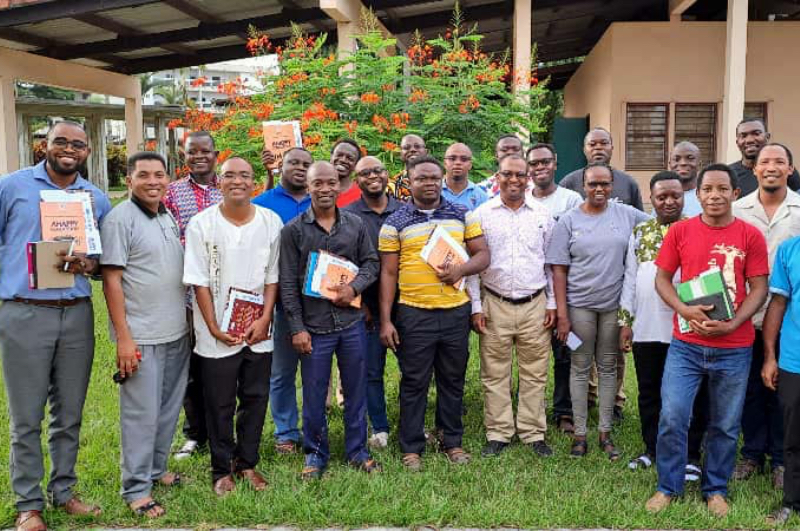
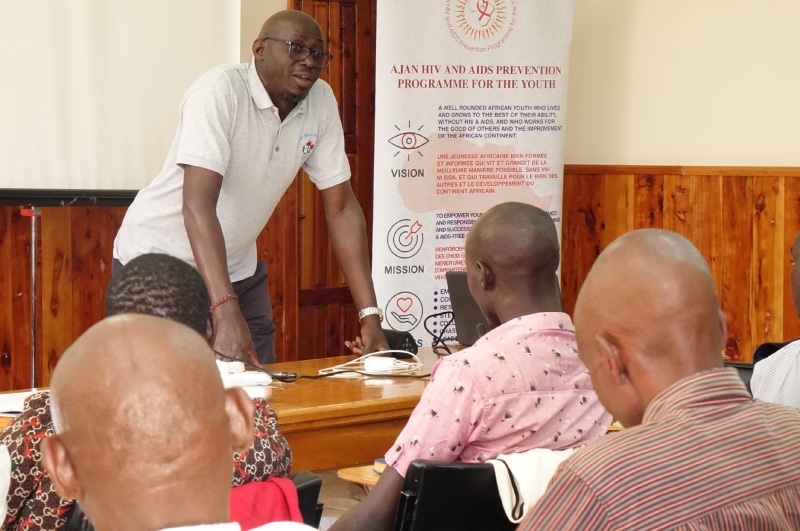
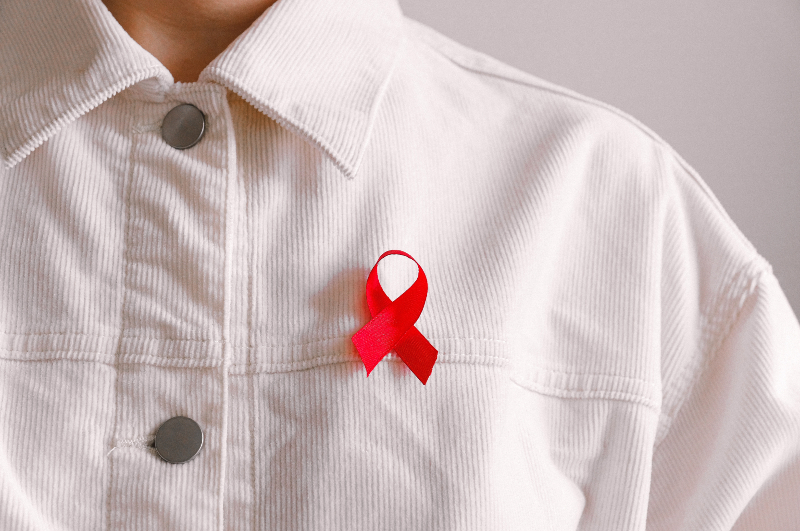
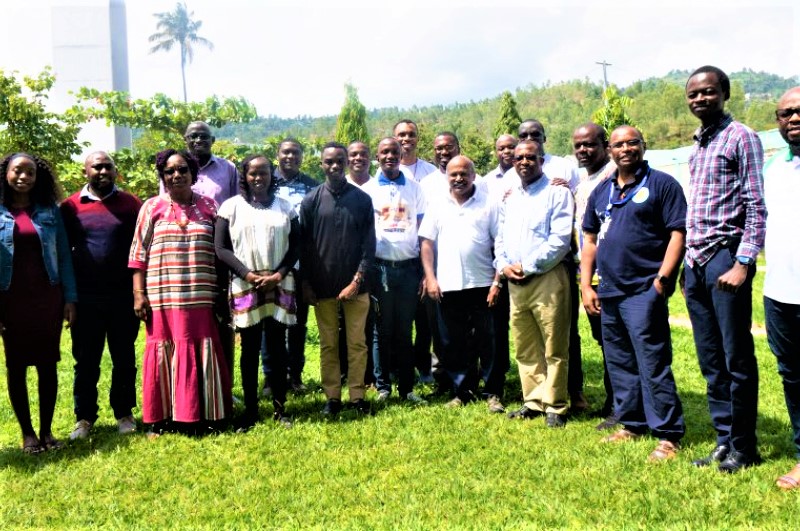
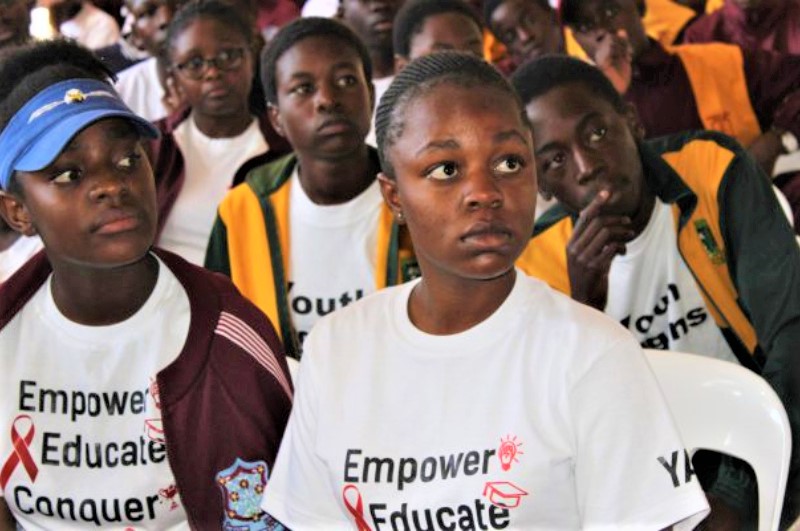
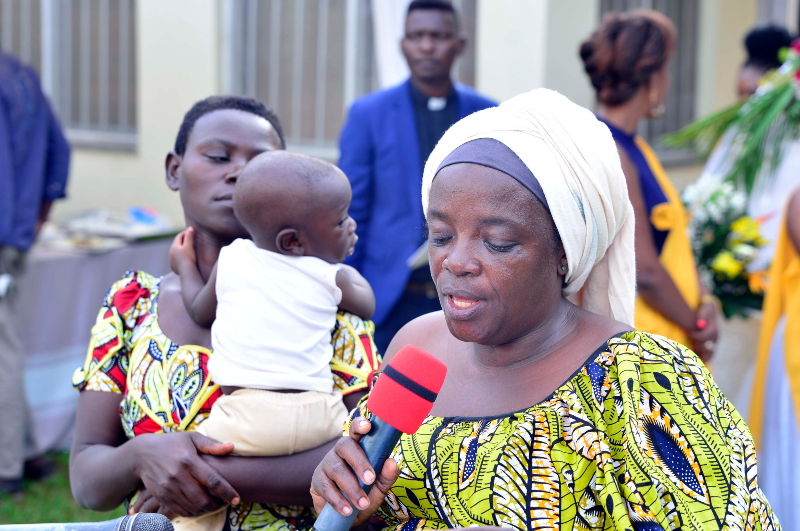
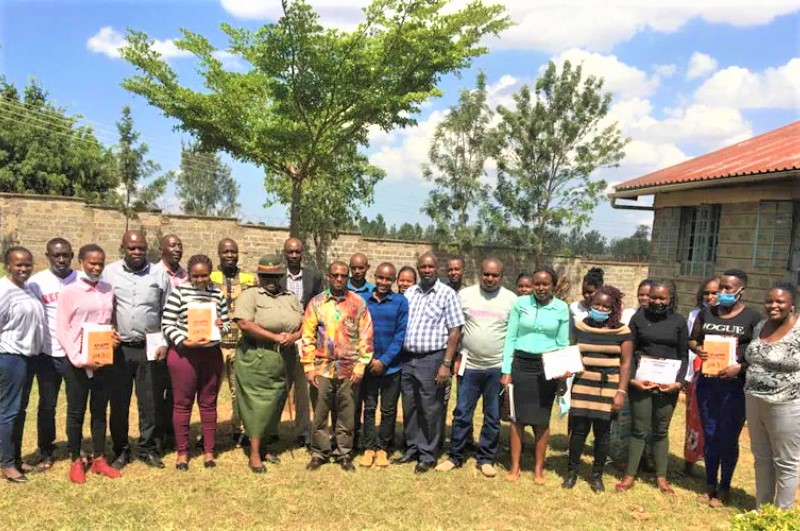
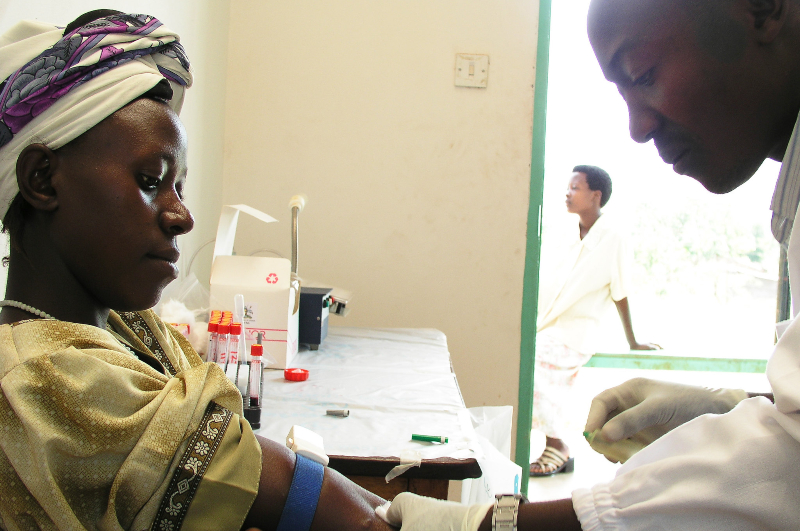
Select Payment Method
Pay by bank transfer
If you wish to make a donation by direct bank transfer please contact Fr Paul Hamill SJ treasurer@jesuits.africa. Fr Paul will get in touch with you about the best method of transfer for you and share account details with you. Donations can be one-off gifts or of any frequency; for example, you might wish to become a regular monthly donor of small amounts; that sort of reliable income can allow for very welcome forward planning in the development of the Society’s works in Africa and Madagascar.
Often it is easier to send a donation to an office within your own country and Fr Paul can advise on how that might be done. In some countries this kind of giving can also be recognised for tax relief and the necessary receipts will be issued.


